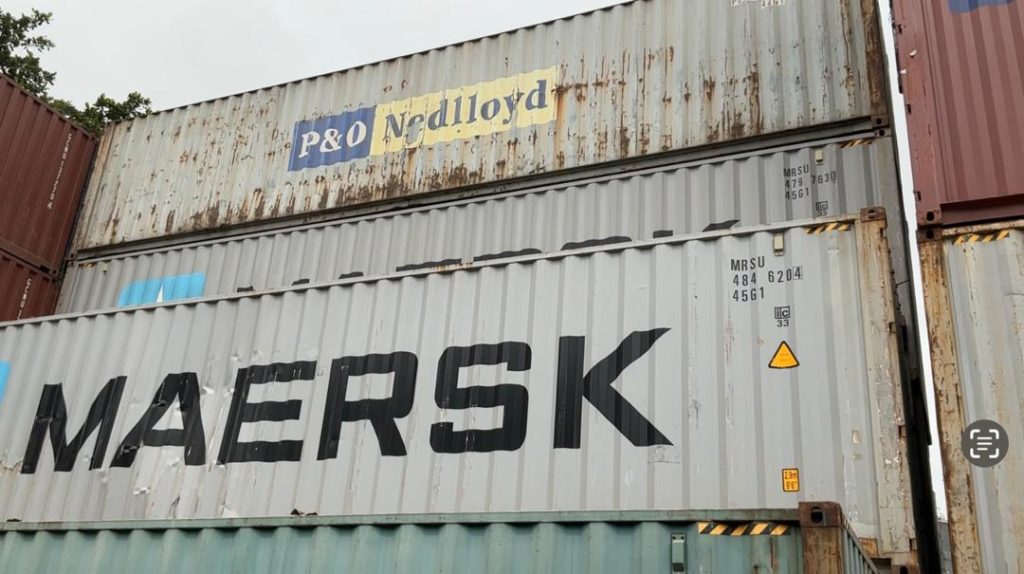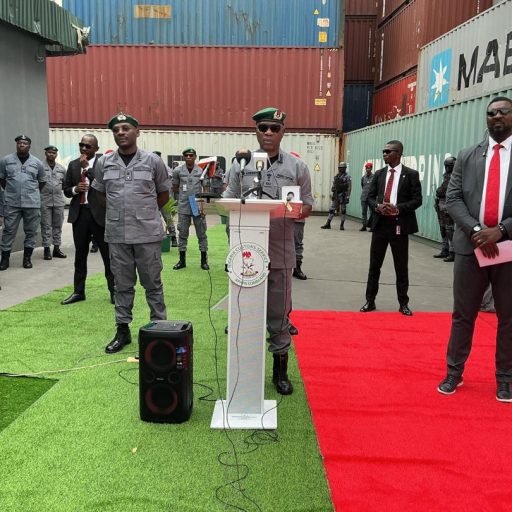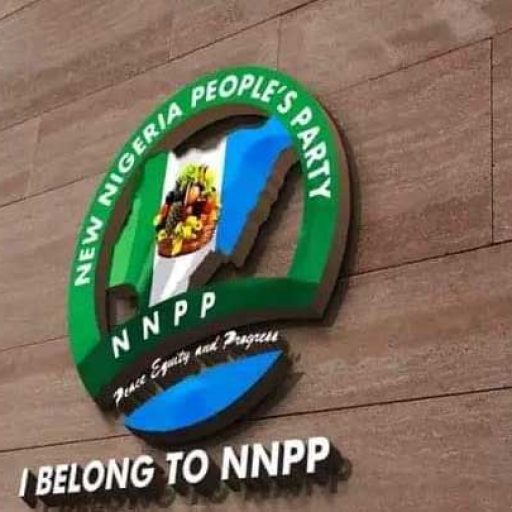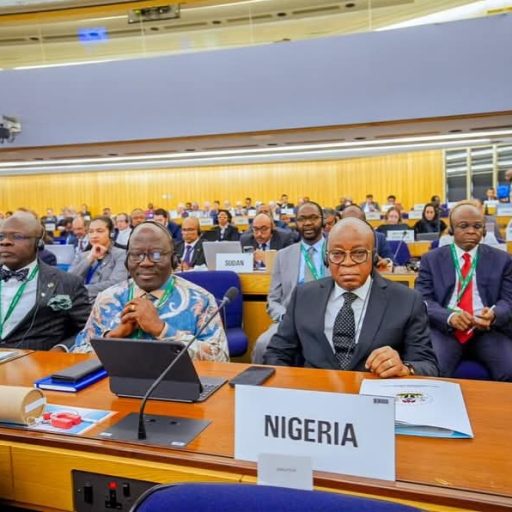By Amina Ojelabi
Stakeholders say sudden directive on pharmaceutical imports contradicts economic goals, undermines Renewed Hope Agenda.
A storm is gathering in Nigeria’s import and logistics sector, one fueled not by external forces but by policy decisions that many stakeholders say are poorly timed, poorly communicated, and potentially harmful. At the centre of the latest controversy is the Nigeria Customs Service (NCS), whose recent directives are being described by industry players as disruptive and economically tone-deaf.

The most recent flashpoint is the sudden restriction on pharmaceutical imports, which are now mandated to be cleared only at four designated ports: Apapa, Lagos International Airport, Onne, and Port Terminal Multiservices Limited (PTML). The directive which followed a meeting between the Comptroller-General of Customs and the Director-General of NAFDAC has been met with outrage and confusion.
Importers argue that the directive was implemented without sufficient notice or consultation. Many had already routed pharmaceutical consignments through other ports before the policy was announced, leading to massive financial losses. Beyond the monetary toll, stakeholders warn of wider consequences: delayed access to life-saving drugs, disrupted pharmaceutical supply chains, and growing uncertainty within a vital sector of the economy.
The policy’s ripple effects have been equally damaging for bonded terminal operators and freight forwarders. The sidelining of bonded terminals some of which were developed with substantial private investment under Customs’ supervision has rendered critical infrastructure idle. With fewer containers arriving and operations dwindling, fears of layoffs and terminal closures now loom large.
This abrupt policy shift has raised uncomfortable questions: Why was there no phased implementation? Why were critical stakeholders not consulted? And more fundamentally, why are regulatory decisions being made in apparent isolation from economic realities?

The Federal Government’s “Renewed Hope Agenda” promises to end hunger, reduce poverty, stimulate inclusive growth, and create jobs. But many now argue that the operational stance of the Customs Service stands in contradiction to these goals. Instead of facilitating trade and nurturing business confidence, Customs appears preoccupied with aggressive revenue generation often at the expense of long-term economic stability.
Worse still, this is not an isolated incident. Stakeholders in various segments of the import and export chain have complained of unpredictable policy swings, contradictory directives, and inadequate engagement from regulators. For a country striving to attract investment, strengthen non-oil revenue, and deepen industrial capacity, these missteps are deeply counterproductive.
To be clear, regulation is necessary. Ensuring that pharmaceutical imports meet health and safety standards is critical. But such regulation must be informed, inclusive, and aligned with broader developmental goals. Policies that isolate revenue from economic impact will ultimately weaken both.
The Nigeria Customs Service and indeed the Federal Government must ask itself a sobering question: Is it truly walking in the spirit of the Renewed Hope Agenda, or drifting further into a bureaucratic bubble driven by short-term fiscal goals?
As importers tally losses and terminal operators watch their facilities go quiet, the silence of policymakers is becoming deafening. Now is the time to engage, to reassess, and to realign policy with people not just targets.











Leave a Reply